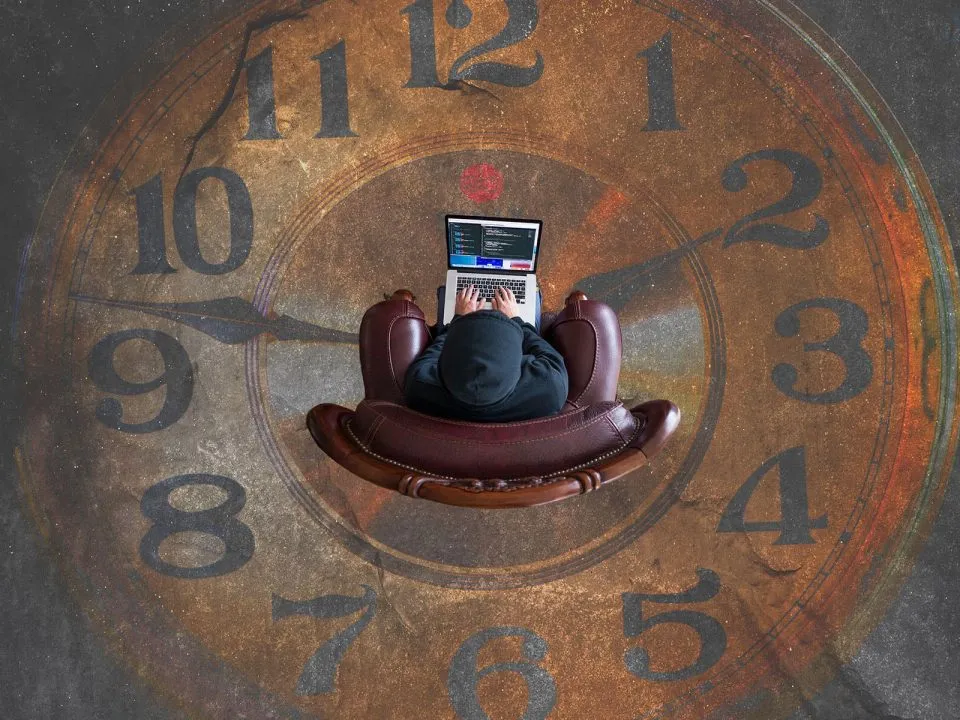
Hypnosis for Personal Development and Growth

Hong Kong Hypnotherapy and Healing
The arrival of a new baby can be one of the happiest times in a woman’s life. It can also be a time of major change, and for some, those changes can bring major depression. Postpartum depression affects nearly 15 percent of Chinese mothers in Hong Kong in the first three months postpartum.
Worldwide, rates of postpartum depression vary, ranging from a low of just 4 percent of women in Japan experiencing depression and a high of greater than 60 percent of women in the United States experiencing symptoms of postpartum depression.
Postpartum depression is associated with feelings of frustration, shame, stress, and feelings of failure or incompetence. It can undermine your confidence and affect your ability to parent. Hypnosis for depression can help you lift the fog of depression and embrace your new role with greater confidence.
What Causes Postpartum Depression?
Although “the baby blues” can affect a substantial minority of new mothers, this is usually a mild and fleeting state characterized by irritability and mood swings. These feelings will normally resolve within a few days or weeks. For some women, however, the sadness can last longer. The changes associated with motherhood are significant, affecting not merely our social lives but also our professional lives as well as our bodies, our hormones, and our relationships. These changes can bring many doubts and worries and new fears and anxieties. By incorporating hypnosis to treat depression into your routine, you can begin to feel more like yourself again.
Developing Healthy Coping Strategies through Hypnosis
Life has a habit of throwing curveballs when you least expect them. Stress, challenging situations, and emotional […]
For about 13 percent of women, they may signal the onset of postpartum depression, a mood disorder that is linked to:
- Anxiety
- Crying jags
- Mood swings
- Persistent sadness
- Irritability
- Poor concentration
- Changes in appetite
- Difficulty sleeping
- Feeling overwhelmed
Hypnosis for anxiety and depression can help you manage your symptoms and rediscover your joy.
Rapidly changing hormone levels following pregnancy and birth might play a role in the onset of postpartum depression, but researchers have also theorized that other factors can put vulnerable women at a heightened risk, including:
- A history of certain psychiatric conditions, such as depression
- Social isolation or a lack of social support
- Poor or unsatisfying marital relationship
- A history of domestic violence
- A history of multiple births or perinatal complications
Learn More About Hypnotherapy to Rewire the Brain in Hong Kong
People from all over the world are continuing to discover the benefits that hypnosis offers. This system […]
The exact cause of postpartum depression might not be fully understood, but its consequences are recognized as having far-reaching effects. The condition can interfere with a mother’s ability to bond with her baby, may disrupt breastfeeding, and can affect the entire family unit. Recognizing the symptoms and seeking help can make a difference in the outcome. Hypnotherapy for postpartum depression can play a valuable role in your recovery.
Managing Postpartum Depression with Hypnosis for Depression

Using hypnosis to treat depression can give you powerful relief from stress. People have used hypnosis for anxiety and depression to manage specific symptoms and develop healthier coping strategies. Using hypnosis to treat depression after pregnancy can be especially beneficial for new mothers as they are adapting to new routines and struggling with the often heavy demands placed upon them.
Women have used hypnosis during childbirth to manage labor pain and to take control of their experiences, and there is evidence that women may benefit from using hypnosis for depression after the baby is delivered, enjoying benefits for their emotional and mental wellbeing.
In one study, women were divided into groups in which one received hypnosis during specific points of pregnancy while the other received routine prenatal care. Both groups were screened periodically for depression, anxiety, and postnatal depression. After the birth, the hypnosis group showed significantly fewer signs of postpartum anxiety and depression than the control group.
Hypnotherapy for Women’s Health in Hong Kong
You don’t need to suffer needlessly. If you are struggling with postpartum depression, hypnotherapy for postpartum depression may be beneficial for you, too. Gaining access to clinical hypnosis near you requires just a few clicks.
Visit Renewed Edge today to learn more about using hypnosis for anxiety and depression or to schedule a consultation with our hypnotherapist. You can even sign up for our best hypnotherapy courses: by learning self-hypnosis, you can add new tools to your well-being and self-care toolbox!














